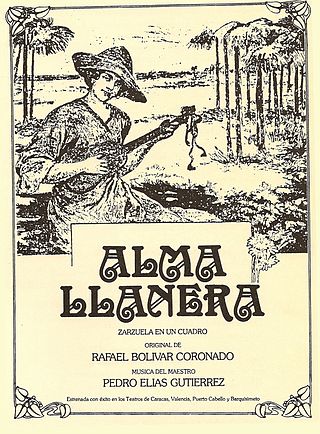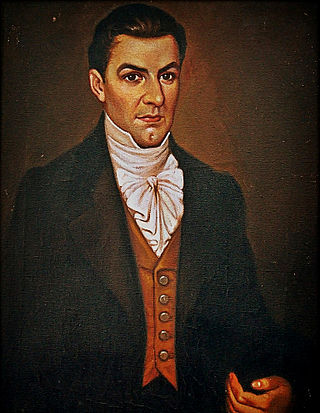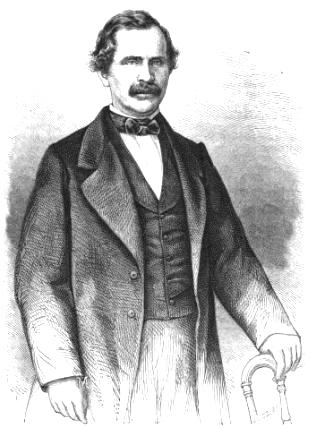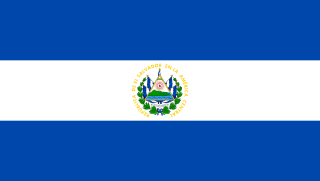
San Salvador is the capital and the largest city of El Salvador and its eponymous department. It is however the country's largest agglomeration. It is the country's political, cultural, educational and financial center. The Municipality of San Salvador has 525,990 inhabitants (2024). The Metropolitan Area of San Salvador, which comprises the capital itself and 13 of its municipalities, has a population of 2,404,097. The urban area of San Salvador has a population of 1,600,000 inhabitants.

Several styles of the traditional music of Venezuela, such as salsa and merengue, are common to its Caribbean neighbors. Perhaps the most typical Venezuelan music is joropo, a rural form which originated in the llanos, or plains.
The Music of Nicaragua contains a mixture of European, Indigenous, and African influences. Occasionally, it also rarely features Asian and Arab musical influences as well as from other countries of Hispanic and Latino origin. Musical instruments include the marimba and others that are common across Central America. Pop music includes performers from all around the world including Nicaraguans, Cubans, Brazilians, Mexicans, Panamanians, as well as those from Europe and the United States.

The music of El Salvador refers to the Music of the Republic of El Salvador and is encompassed in the wider Latin American musical traditions.

Manuel José Arce y Fagoaga was a Salvadoran statesman and military officer who served as the first president of the Federal Republic of Central America from 1825 to 1829.

Francisco Dueñas Díaz was a Salvadoran politician and member of the Conservative Party who served as President of El Salvador on four different occasions between 1851 and 1871. J. Lloyd Mecham described El Salvador during Dueñas' presidency as "experienced a far-reaching Conservative reaction".

José Gerardo Barrios Espinoza was a Salvadoran military officer and politician who served as president of El Salvador on three occasions between June 1858 and his overthrow in October 1863.

Carlos Basilio Ezeta y León was President of El Salvador from 22 June 1890 to 9 June 1894, when he was overthrown in the Revolution of the 44. He was a military ruler. He died on 21 March 1903, aged 50.

Carlos Meléndez Ramírez was a Salvadoran politician who served as the president of El Salvador from 1913 to 1914 and again from 1915 to 1918. He also served as the president of the Legislative Assembly from 1912 to 1913.
Tommy Olivencia was a renowned Puerto Rican bandleader of salsa music.

José Matías Delgado y de León was a Salvadoran priest and doctor known as El Padre de la Patria Salvadoreña.

José Damián Villacorta Cañas was a Salvadoran lawyer and politician. He was chief of state of El Salvador from February 16, 1830, to December 4, 1830, while it was a state within the Federal Republic of Central America.

Carlos Salazar Castro was a Central American military officer and Liberal politician. Briefly in 1834 he was provisional president of El Salvador, and in 1839 he was provisional president of Guatemala.

Salvadorans, also known as Salvadorians, are citizens of El Salvador, a country in Central America. Most Salvadorans live in El Salvador, although there is also a significant Salvadoran diaspora, particularly in the United States, with smaller communities in other countries around the world.

Presidential elections were held in El Salvador on 12 January 1915. Carlos Meléndez Ramirez was the only candidate, and was elected unopposed.
A German Salvadoran is a Salvadoran descendant of German citizens who have adopted the two nationalities or Salvadorans who have German ancestry, there is a record of waves of German immigrants since the 19th century, later with the arrival of German refugees during the Second World War. El Salvador has important relations with Germany
José Kessels, born Pieter Jozef Frans Kessels, was a Dutch musician and composer who settled and worked in El Salvador. He is known for having been the teacher of various Salvadoran composers, notably David Granadino. A memorial and park in the central square of Santa Ana, El Salvador is dedicated to him.

José Alejandro de Aycinena y Carrillo was a Spanish military officer and politician who served as the Colonial Intendant of the Intendancy of San Salvador from 1811 to 1812.

Alejandro Muñoz Ciudad Real was a Salvadoran conductor and music teacher. He was the first Salvadoran director of the El Salvador Symphony Orchestra, and is known as the "father of the symphony orchestra."















